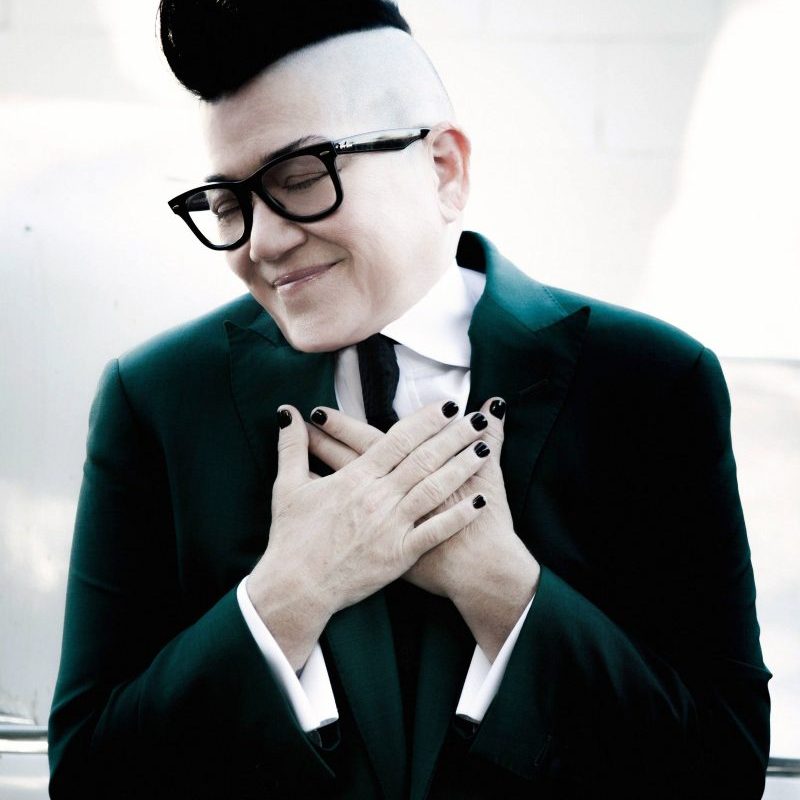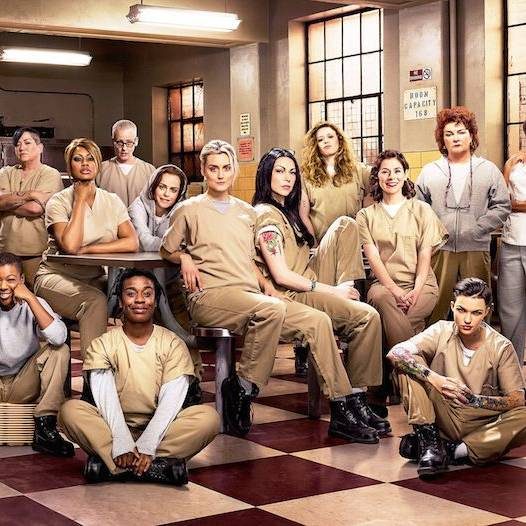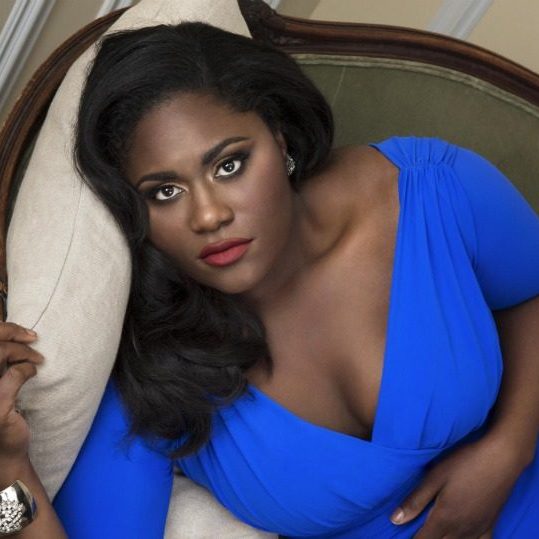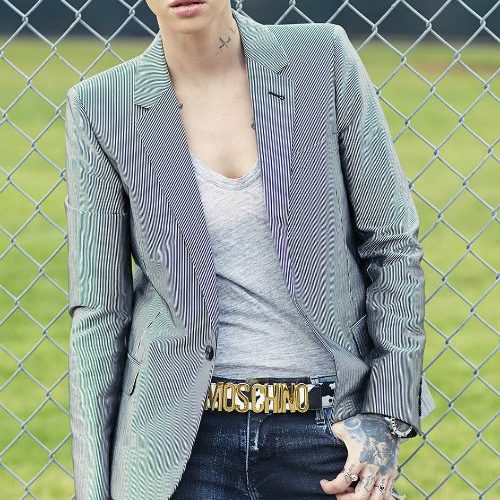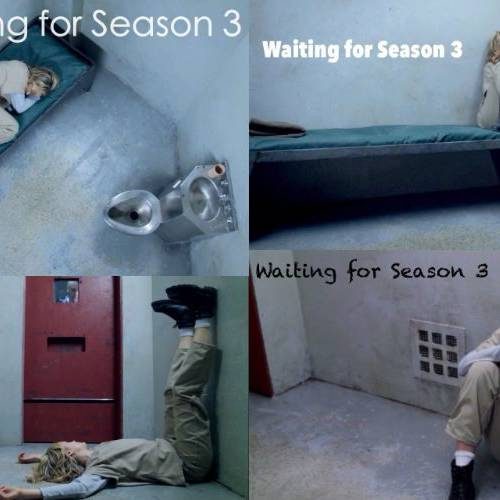
I am always trying to crowbar a queer feminist reading into every morsel of popular culture I consume.
Imagine my surprise when I decided to turn my lens on the new Netflix series Orange is the New Black, only to find that my trusty crowbar was no good here.
Because you see, OITNB is the queerest feminist thing I have ever seen. There are many reasons I feel that way – many of the characters are reasons in themselves – but here are just 3 of them.
1. Taco Fest
In a very obvious way, the show is overwhelmingly woman-centric. The cast is predominantly female, with all of the really meaty roles and screen time is taken by female actors. It is based on the best-selling memoir of a woman, Piper Kerman, and created by two women, Jenji Kohan and Liz Fiedman. Eight of the show’s thirteen episodes were written by women. They even had an episode directed by the First Lady of Queerness, Jodie Foster. So, just in terms of who is behind the show, we’re talking major taco fest here.
Not only is the show populated by women, it is also about women. Never has a show passed the Bechdel Test with such monumental flying colours. The only other example that comes to mind, Showtime’s The L Word, mainly passes on a technicality – there are very few men in the lesbian utopia that is fictionalized gay LA. What’s interesting about OITNB is that there are many male characters and many women who like men. However, the majority of conversations between these women are focused on their identities, their hopes, their fears and, most significantly, their relationships. The show puts female camaraderie at front and centre, which is refreshing and, hopefully, precedent-setting.
2. Swirrrrl, swirl!
To say that the show contains a lot of diversity is a laughable understatement up there with “Ellen is funny” and “Portia is beautiful.” Television has come a long way (at least on cable) in terms of diversity, with Showtime’s Homeland featuring a woman with a mental health condition as its extremely competent protagonist and HBO’s True Blood consistently making sure at least three persons of colour are in the main cast of every season. OITNB, however, takes diversity to a new level. Its large ensemble cast has a varied list of ethnic and cultural backgrounds, reminding us that there are many different manifestations of “black”, “white” or “Hispanic”, as well as a number of sexually fluid and queer characters, similarly diverse in their representation. It is also the first high profile show to feature a trans woman played by an actual trans woman, a milestone that feels woefully overdue. Not to mention the show’s reflection of every different economical background imaginable.
OITNB is not only diverse but also intersectional, something fairly new to our screens – through the aforementioned Homeland and True Blood have already made some headway in that direction. Each character has a rich, complex identity that makes them feel like a genuine, lived-in human being. Sophia, for example, is not a trans stereotype but a woman of colour who transitioned at great cost to herself and her family. Piper is perhaps the greatest example of this, with an identity that even she cannot fully comprehend, a bundle of contradictions that make her lovable, irritating and hugely relatable. The show draws its characters from the complexity of real life, something network television should sit up and take notice of.
3. Voldemort
The show does not shy away from tackling controversial subjects head-on. In the first episode alone we see a bloody tampon, something I really cannot imagine coming across on CBS. With no network execs to explain themselves to, the creators have free reign to explore race, religion, sexuality and even – because it’s not Voldemort – abortion. This means that storylines no traditional distributor would touch with a bargepole are embraced and explored with authenticity and humour that we rarely see elsewhere.
The other very big, very obvious controversial subject brought up on Orange is the New Black? Prison. In the U.S, women are the fastest-growing class of inmates and a high profile, well-written show like this could really make waves. Even if it only galvanizes the general population to take action, it will not be a moment too soon. There are over 100,000 women currently incarcerated in the United States and what this show does is give them a voice. Highlighting issues like abuse from guards, corruption in the system, unfair rules and regulations – this show is going to inspire a new generation of activists to understand and care about criminal justice.

